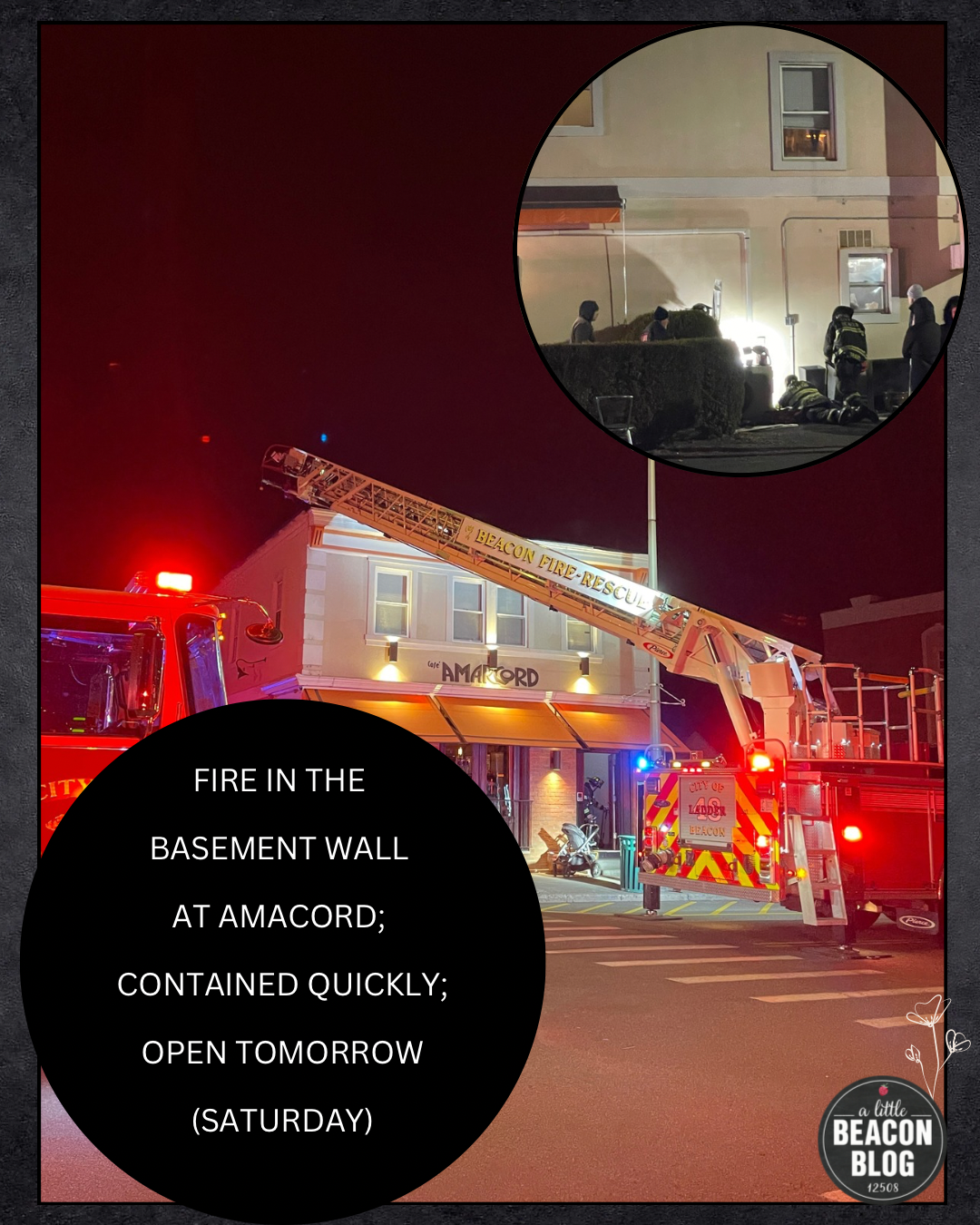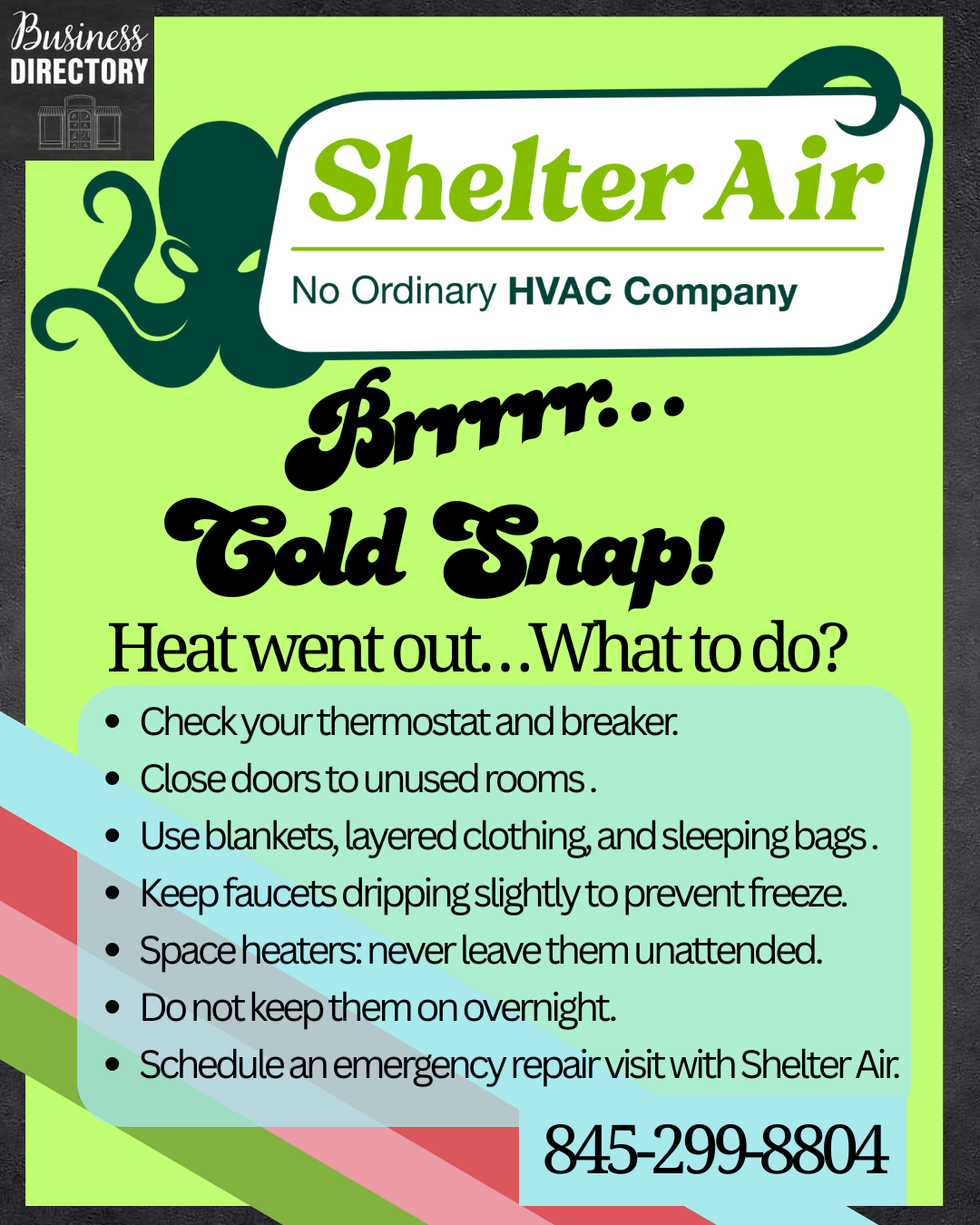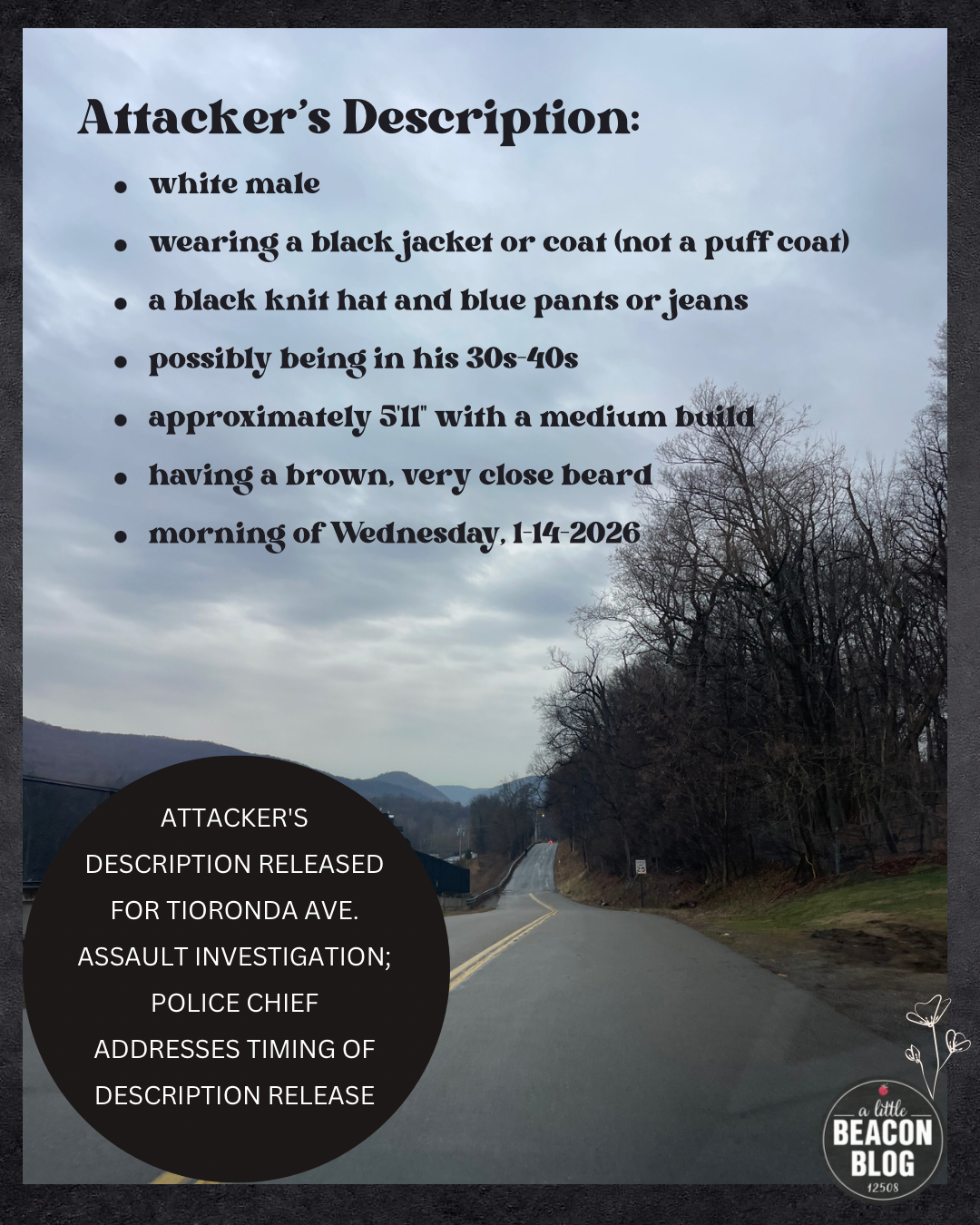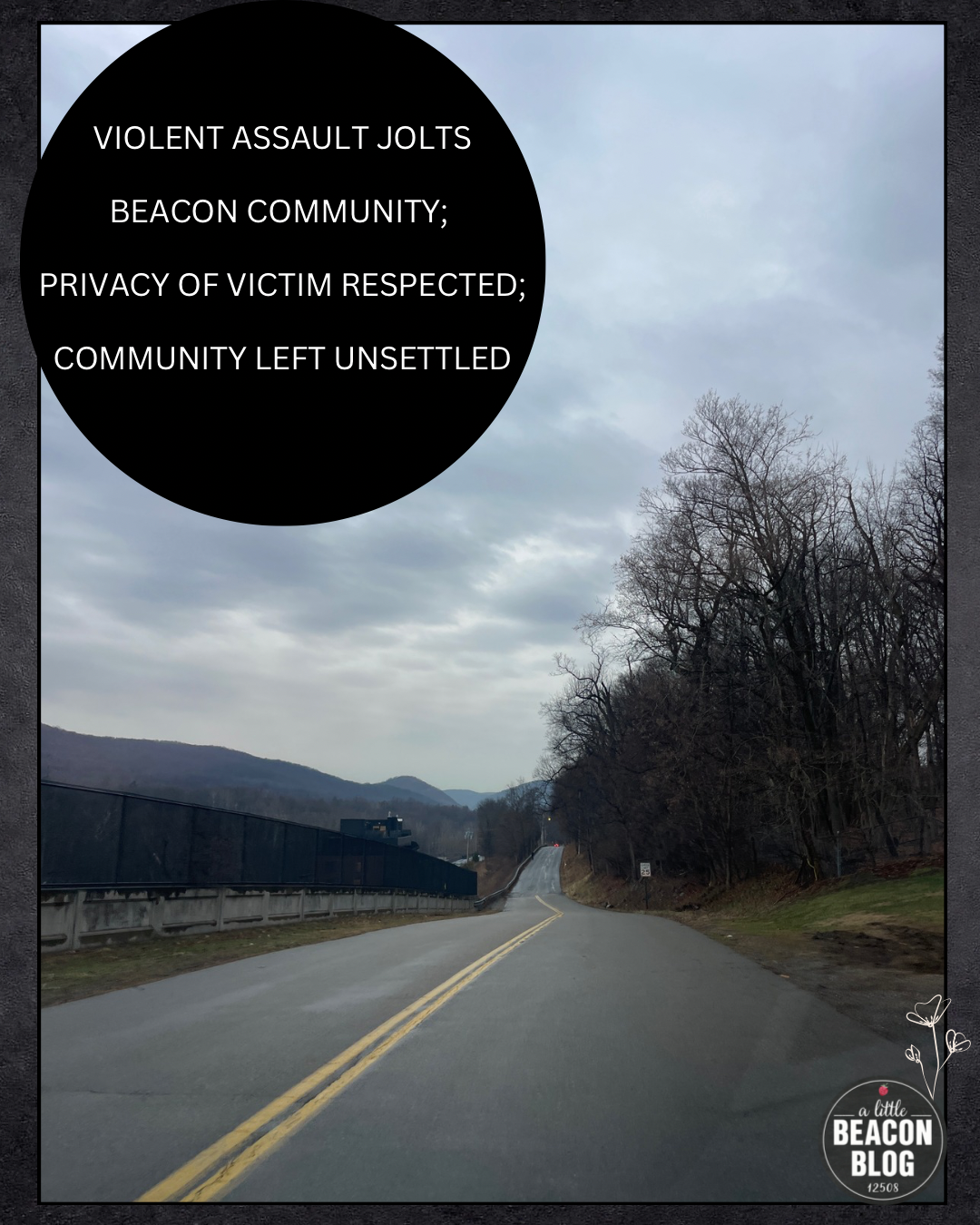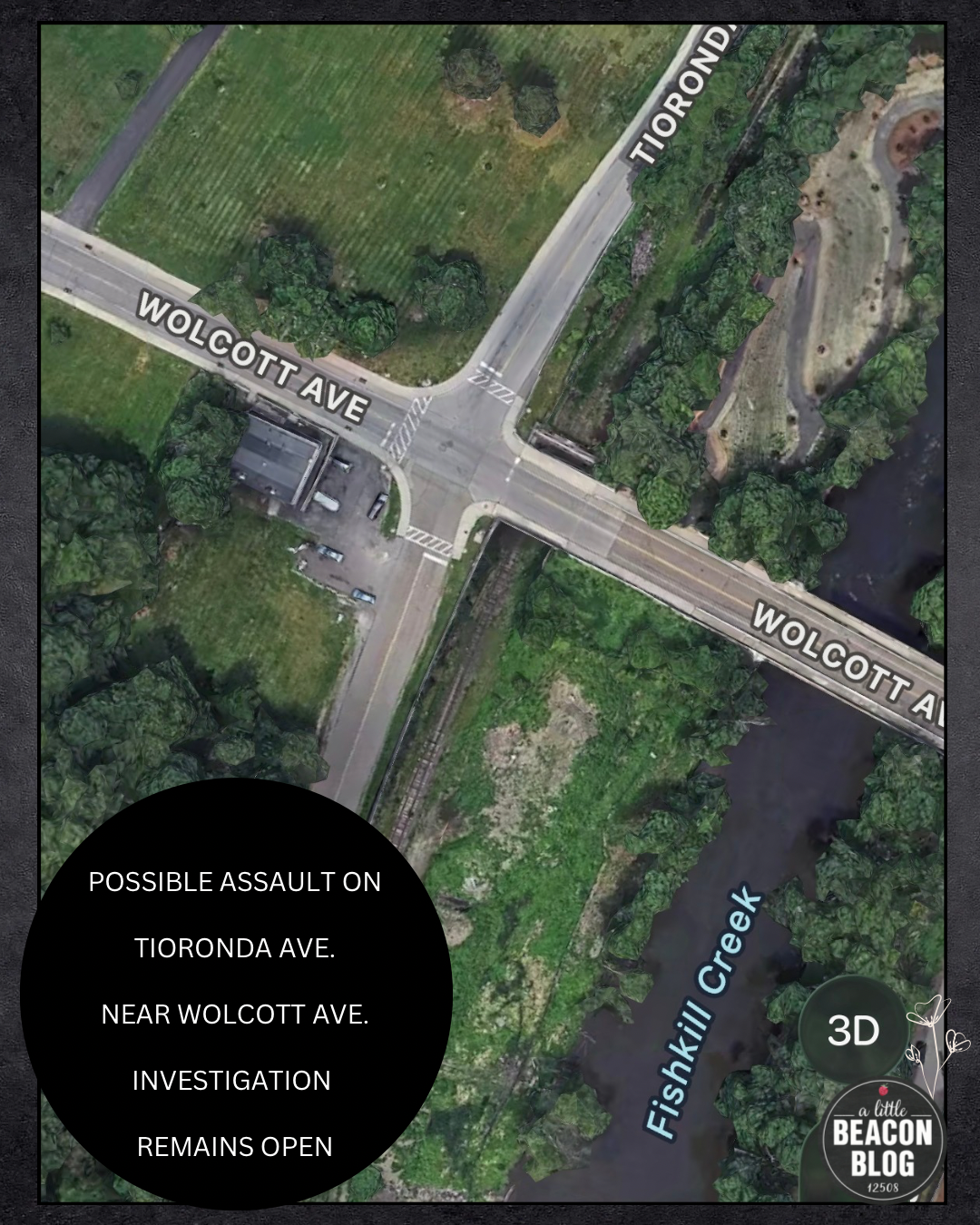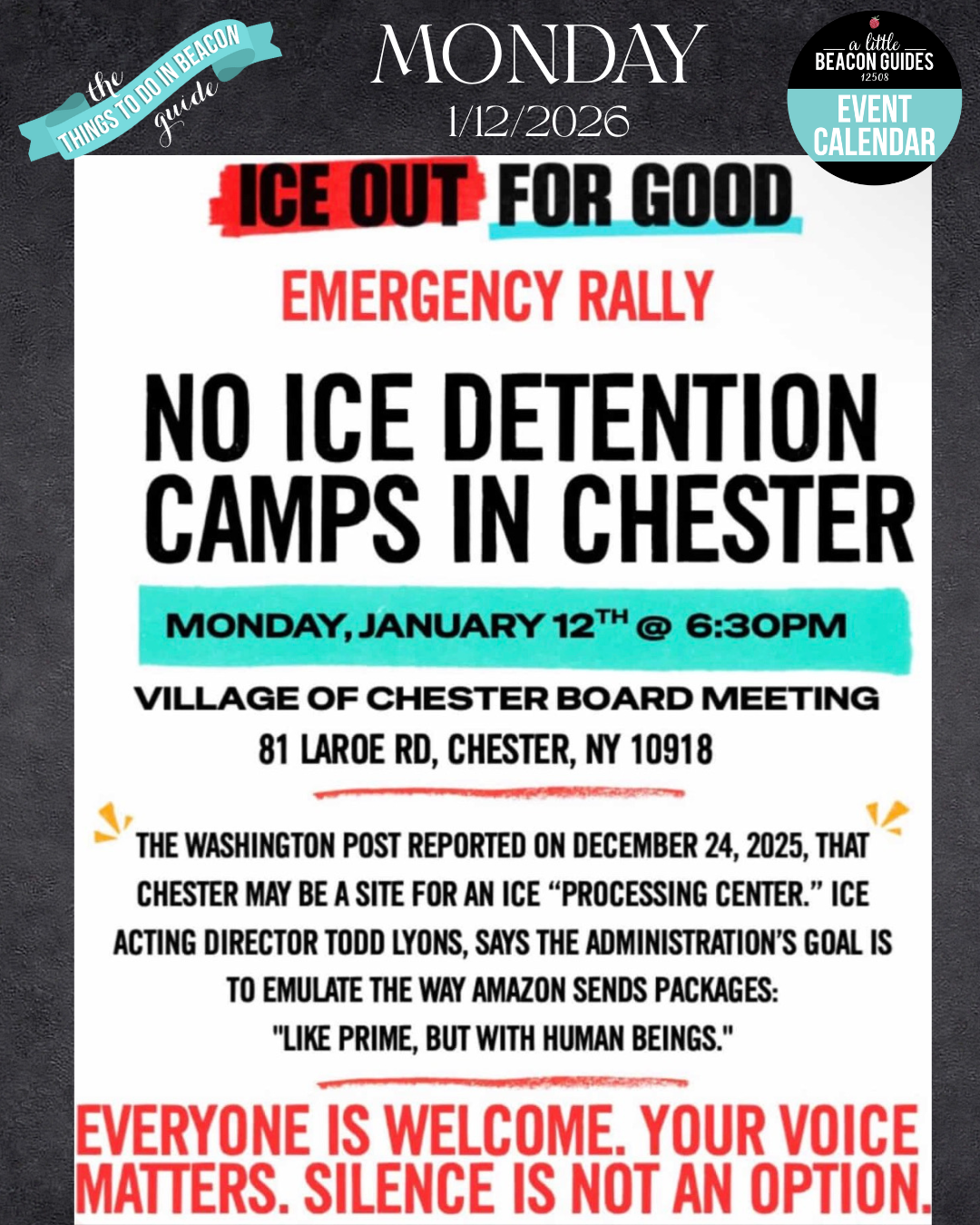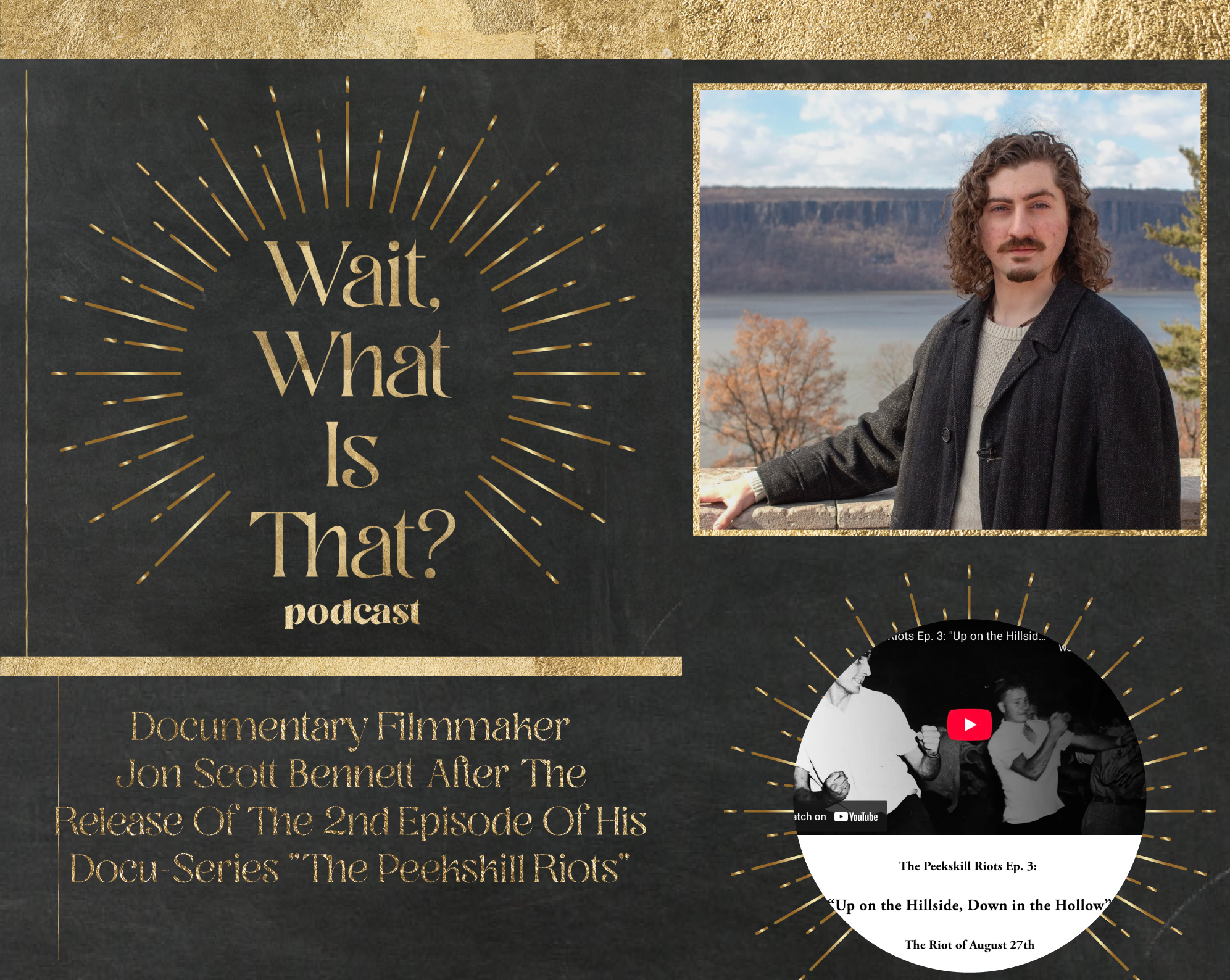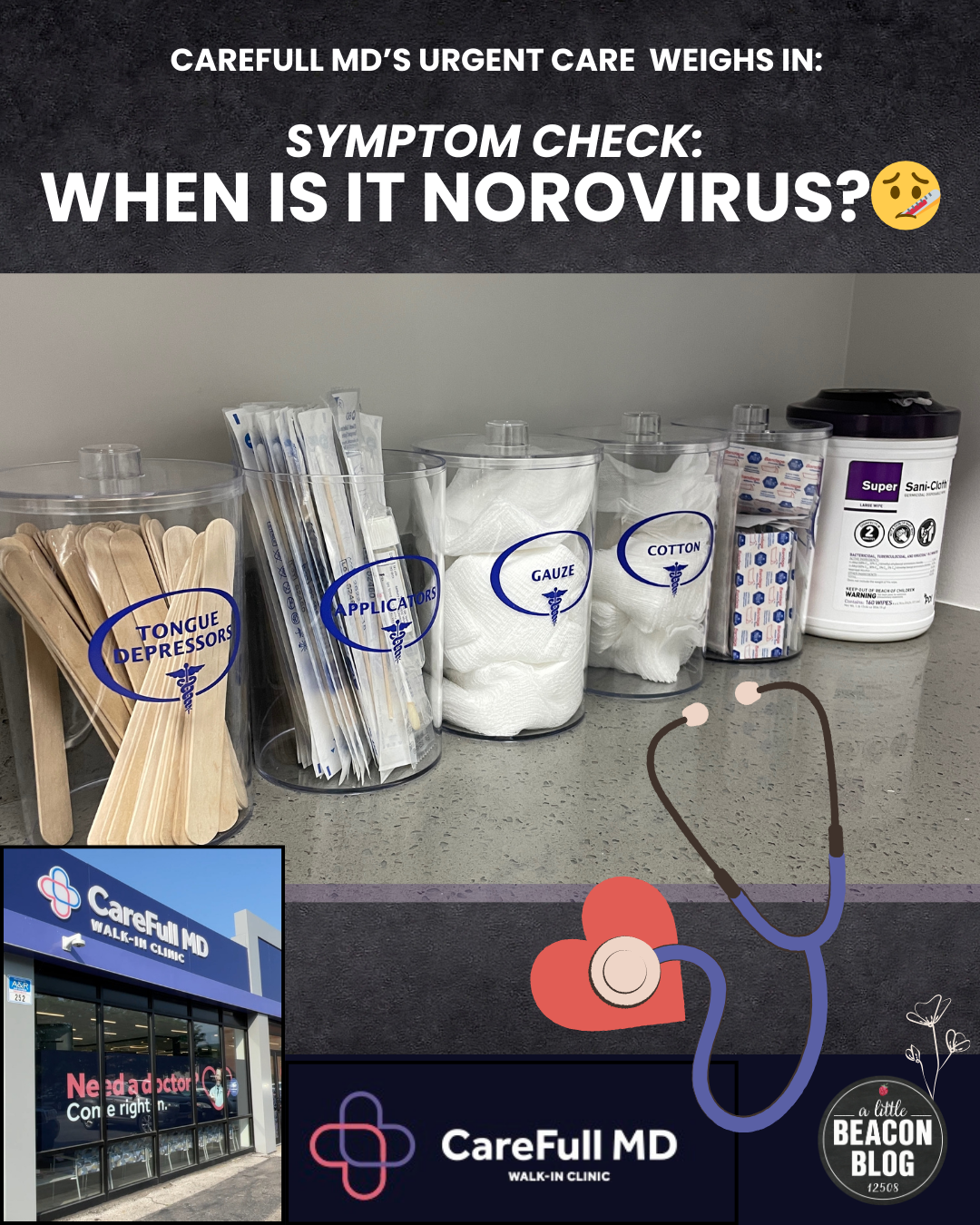The Plastic Bag Ban Is Real - How's It Going?
/Photo Credit: Brianne McDowell
Just last month, it used to be hipsterish to carry your tote bags to a grocery store. Forget about pulling them out at any other type of store, like a gas station, Rite Aid, or big-box store. You would just look plum “alternative” if you did (not that there’s anything wrong with that). Plenty of people carried the tote bags with pride, and showed off their tote bag collections from different magazines and brands they love, while others sometimes remembered to bring their totes stored in their cars. Now, thanks to the statewide ban on the single-use plastic bag (those plastic bags you see whipping around roads and catching on trees), everyone is carrying whatever bags they can remember into stores. Or maybe they are still carrying nothing at all.
“My husband came home the other night with groceries falling out of his arms,” recalled one Beacon resident. “Now he is trying to remember to bring the reusable bags in the car.” Common stories include people forgetting their reusable bags stashed in the car, only to dash out of the store to quickly grab them. Grocery stores like Key Food are making the paper and plastic reusable tote bags available at checkout. New York did not require stores to charge for the paper bags, as a deterrent to using any single-use bag, but many stores are charging 5 cents for the paper, and another rate for the reusable plastic tote. Key Food is charging 5 cents for their paper bags, and 99 cents for their reusable plastic bag, while Stop and Shop in Poughkeepsie is charging $2.50 for their reusable plastic bag. Beacon Natural is charging 5 cents for the paper bags, and does sell their cloth tote bag for $10, but has flash sales for $3.99 from time to time.
According to an article in the Poughkeepsie Journal, the cost of paper bags to a retail shop has increased. Nicole Wronga, owner of Simplicity, a consignment store, told the newspaper that the cost of 250 paper bags has increased from $42.50 to $47.50 (that equals 19 cents per paper bag, so even selling it at 5 cents is a loss for some who don’t order in huge bulk). It has caused Nicole to begin charging 5 cents for a paper bag, with 3 cents being donated to the state environmental budget, to encourage customers to bring their own bag.
Over here at A Little Beacon Blog, we sell tote bags, and now with the flooded market of totes (because we all need them), the price you might pay just plummeted. So, it costs us $7.50 to produce the bags locally in Newburgh, and we’re charging $10 right now.
BYO Bag - Bring Your Own Bag
New York State is branding this ban as BYO Bag (Bring Your Own Bag). Do you remember back in the 1990s, when the giant yellow plastic bags with blue handles were the rage? They were so giant, hardly anyone could really carry a full one. They equaled about three paper bags of groceries. Typically associated with Ikea bags, but sometimes sold by the Girl Scouts at grocery stores to encourage people not to use paper bags. The reusable bag has been tried before, but now it’s officially locked in. At least we know that paper bags are recyclable, but only if they are 100% dry, clean, and not wet with food.
Are Plastic Bags Of Any Kind The Answer?
Dutchess County uses about 100 million single-use plastic bags per year, according to the county legislature. In New York State, about 23 billion plastic bags are used each year. Year. That’s a lot of bags. Nick Wise, a shopper at Target who was quoted in the Poughkeepsie Journal, is from London, where the bag ban was phased in 10 years ago. From that ban, he experienced reusable plastic bags going to waste. With one of his reusable plastic bags already having a rip: “I know I can reuse them as much as I can, but they are going to end in the garbage at some point,” Nick told the Journal.
When word was coming down of the plastic bag ban, some retailers didn’t believe it would happen. And then Marc Molinaro, County Executive for Dutchess County, signed it into law in December 2018. Dutchess County’s ban went into effect January 1, 2020. Ulster County’s County Executive signed theirs into law in October 2018, while Suffolk County added a 5 cent charge to single-use plastic and paper bags in January 2018. And then New York State brought it all down with a state ban, set to go into effect in March 2020, which will eventually make it all less confusing. No single-use plastic bags anywhere in the state.
Plastic Bags In Trees, In Streets, In Recycling
Recycling executives have cited plastic bags as one of the most disruptive contaminants to their recycling production, which adds to the taxpayer cost of recycling in Beacon. During a 2018 presentation from Beacon’s recycling facility, ReCommunity (acquired by Republic Services), Steve Hastings explained to the City Council about how the single-use plastic bags are one of the biggest disruptors to their production, when they get loose and float up and get stuck in the machines.
A year after Suffolk County’s plastic bag ban, a study released revealed that 1.1 billion fewer plastic bags were used in the county since that ban, and the number of bags found polluting shorelines fell steeply compared with 2017, as reported by Newsday.
How The Plastic Ban Works For Retailers
You can read all about the plastic bag ban rules for Dutchess County here in this legislative resolution (aka law). Retailers or wholesalers who are engaged in the sale of personal, consumer, or household items must stop providing the single-use plastic bags. Paper bags that are provided must be 100% recyclable, be made from at least 40% recyclable material, and display the word “Recyclable” on the front.
Retailers could be fined $100 for their first violation, $250 for their second violation, and $500 for their third violation, and violations thereafter.
So how about getting more cloth tote bags? A Little Beacon Blog and Antalek & Moore have got some for you! :)


















